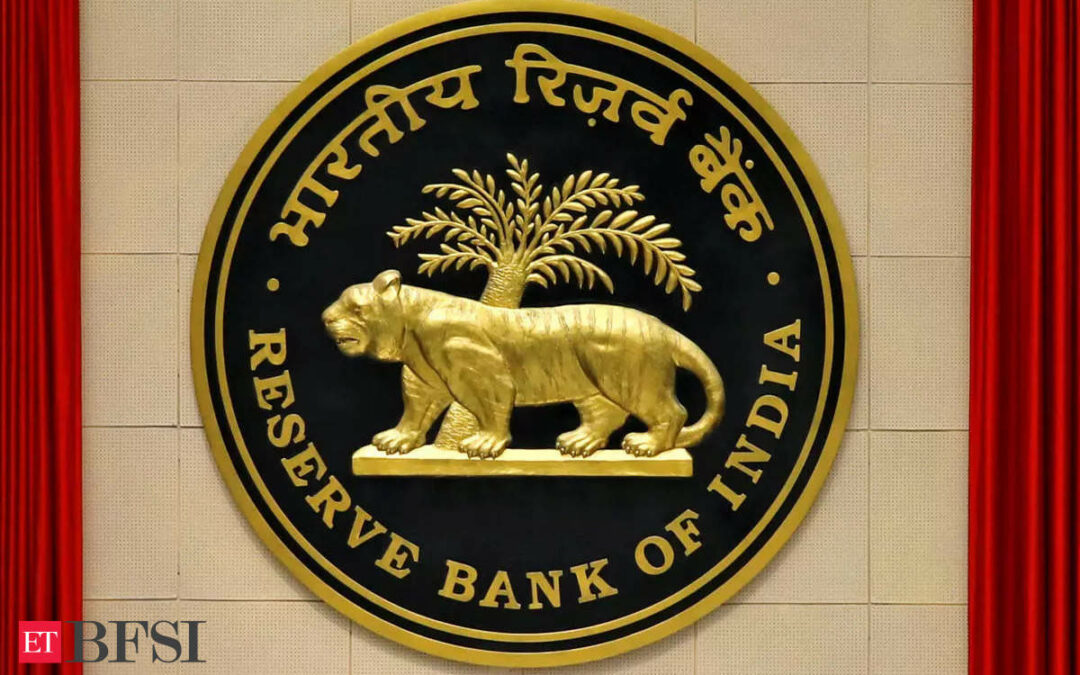Financial industry veterans expect the Reserve Bank of India (RBI) to give some relief to mainstream banks and development financiers on downstream loan-linked Alternative Investment Fund (AIF) exposures, which they were required to either liquidate by later this week or totally provide for in compliance with the central bank’s December 19 prudential directive.
Non-banking financial companies (NBFC), however, are unlikely to be provided any relief by the RBI, with industry sources saying the primary goal of the original directive was to de-risk AIF exposures of NBFCs with downstream loan relationships with AIF beneficiaries, and prevent potential evergreening of doubtful advances to struggling corporates.
“The RBI is unlikely to provide NBFCs exemptions on compliance, but banks and other financial institutions are likely to get relief,” said a banking industry source close to the development. January 18 is the liquidation deadline for under-scanner AIF exposures by banks, NBFCs, and development financial institutions (DFI), which primarily advance funds to MSMEs.
A spokesperson at the RBI did not respond to ET’s requests for comment.
Data compiled by the capital-markets regulator, the Securities and Exchange Board of India (Sebi), showed that funds raised by AIFs have risen to Rs 3.74 lakh crore by the end of FY23, from Rs 2.30 lakh crore in FY20. Of this, 70-80% is expected to be from global funds.
The remaining 20-30% includes contributions from family offices, ultra-high net worth individuals, banks, NBFCs and others, market experts said.
Banks are not permitted to invest more than 10% of paid-up capital in Category I and Category II AIFs.
Some in the industry believe that the RBI will extend the liquidation deadline for under-scanner AIF exposure by banks and development financiers to either until March 31, or by another 60 days.
On December 19, the RBI directed all banks, development financiers and NBFCs to either offload their AIF investments within 30 days, or set aside necessary provisions covering their entire exposures. The RBI had raised concerns about companies using AIFs for evergreening troubled loans and backdoor funding within the same AIFs.
This directive had sent shockwaves across the AIF industry, and hammered stocks of several NBFCs that experts believe have significant AIF exposures.
AIF managers said they find it challenging to have investments liquidated within the tight four-week deadline because regulated entities have invested, and some of these funds have been deployed in debtor companies of regulated entities. As there is little depth and liquidity in the secondary market for AIFs, liquidation could take the form of a fire sale.
Even those willing will face severe distress valuations, they said. Furthermore, most AIFs are closed-ended, making it difficult for investors to transfer their shares. Additionally, the 30-day period originally ordered is too short for even a willing transferee to do so.
The industry has requested relief, seeking exemptions for development finance institutions, such as Sidbi and Nabard. The industry wants the regulator to punish only those violating regulations with ‘creative’ structures, and not apply the curbs on every financier since doing so could discourage several banks and financial institutions from investing in AIFs in the future.
Some NBFCs, including Piramal Enterprises, have promptly disclosed their AIF investments affected by the recent RBI regulations. Piramal Enterprises said total investments of Rs 3,817 crore, as of November 30, 2023, pertained to exposure to debtor companies and downstream investments. The company plans to adjust Rs 3,164 crore through capital funds or provisions.
IIFL Finance disclosed an investment of Rs 21.37 crore in the IIFL Fintech Fund.











